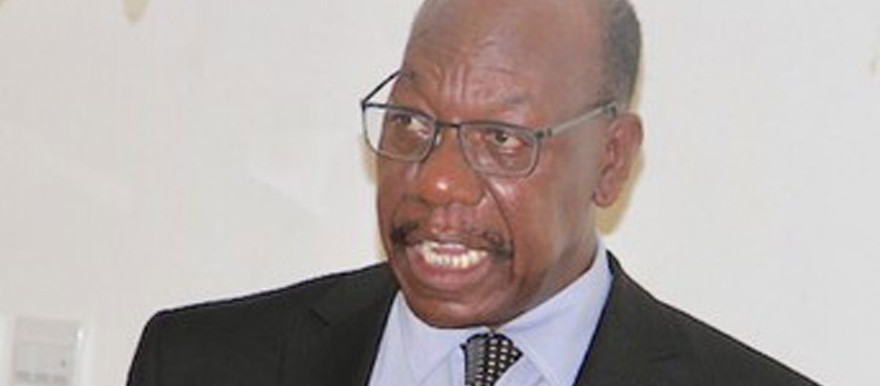The Reconstituted Joint Monitoring and Evaluation Commission (RJMEC) has called for the quick reconstitution of the Transitional National Legislative Assembly (TNLA) while emphasizing that the peace partners adhere to the 35 percent women’s representation.
In a statement to Radio Tamazuj, the RJMEC Interim Chairperson Maj. Gen. Charles Tai Gituai said, "For a long time, RJMEC has urged for the reconstitution of the Transitional National Legislative Assembly and the Council of States. Their terms are supposed to run concurrently with that of the RTGoNU, which has already been in existence for over one year. Therefore, we see the reconstitution of the TNLA and Council of States as a matter of great importance and urgency."
He went on to say, "As the parties make their nominations to the legislatures, both at the national and state level, we urge that the 35% level of women’s representation is observed."
In a statement to the RJMEC members delivered electronically, Gen. Gituai stressed the need for the reconstituted assembly.
“A reconstituted TNLA is required to enact a range of legislations critical to the ongoing implementation of the R-ARCSS. I appeal to the Revitalized Transitional Government of National Unity to reconstitute the assembly to enable the enactment of the Bills into law, and expedite judicial reforms.”
He said the formation of the executive structures of all the ten states was a good move but said, “However, in making these appointments, it is regrettable that the parties to the R-ARCSS did not adhere to the 35% level of women’s representation.”
On the progress of security sector reforms, Gen. Gituai said cantonment sites and training centers continue to face serious logistical constraints, such as food, medicines, and sufficient shelter, which are lacking, and female combatants continue to lack appropriate facilities and personal hygiene items.
“Training of the Necessary Unified Forces (NUF) has stalled, and no graduation or redeployment plans have been announced. The lack of sufficient funding to the Security Mechanisms is a constraint,” he said.
The Interim Chairperson also said the humanitarian situation in South Sudan is dire, as a result of multiple factors, including widespread sub-national violence, floods, COVID-19 related restrictions, economic challenges, and acute food insecurity, impacting humanitarian movement and operations, threatening the safety of staff and assets.
“It is the responsibility of the RTGoNU, as per article 1.2.2, to restore permanent and sustainable peace, security, and stability, and I call upon the Central and State Governments to work jointly with local leaders and curb the violence. The operationalization of the State Security Committees will be instrumental in alleviating the situation,” he said.
Gen. Gituai said he hoped that all parties would use the Easter holiday as a period of reflection and return inspired to pick up the pace of implementation of the R-ARCSS and build momentum towards its full implementation in letter and spirit.
“Three months from now, July, marks ten years of independence for South Sudan, and now is the time to accelerate the implementation of the Agreement so that there will be much to celebrate in a decade of independence,” he concluded.




